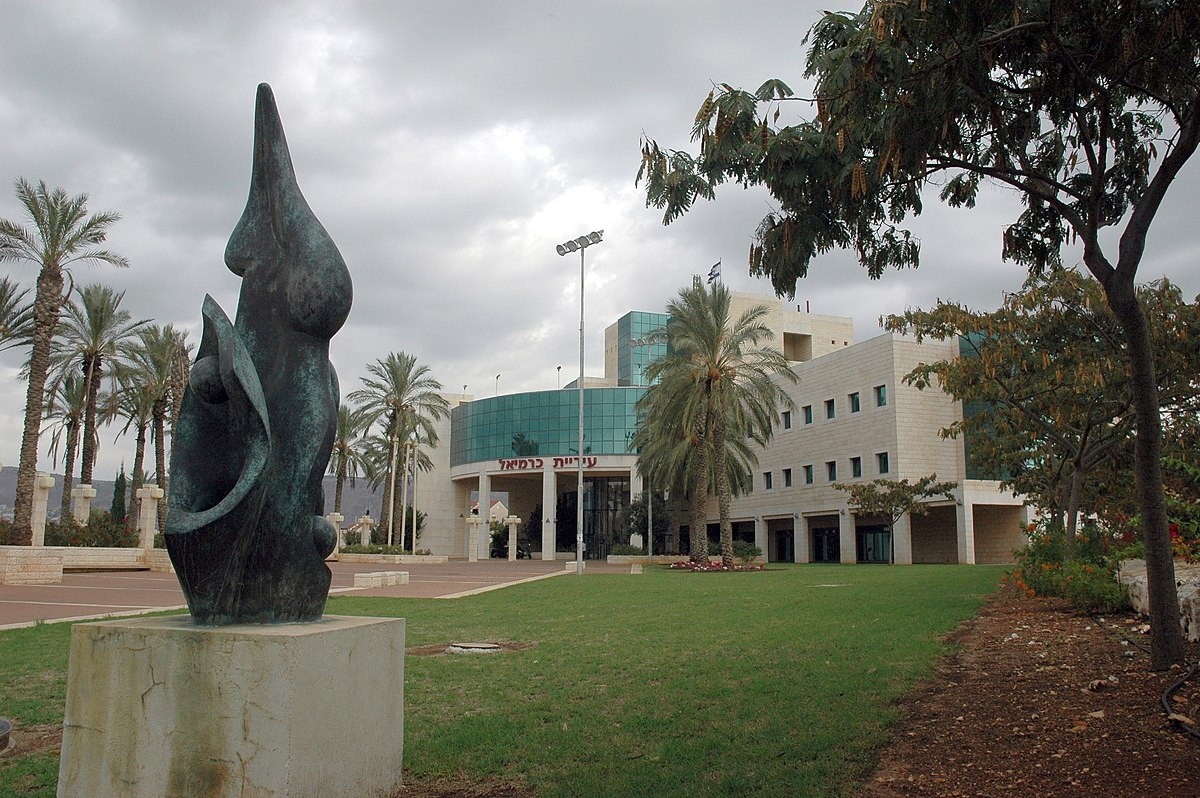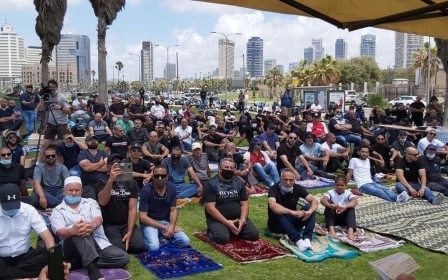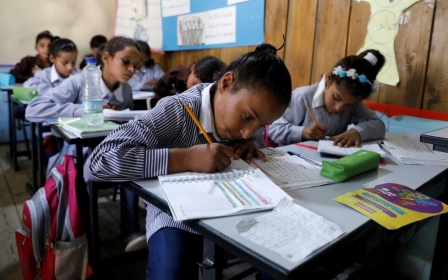Israel invokes nation-state law in denying transport to Palestinian schoolchildren in Galilee

An Israeli court ruled on Monday in favour of a municipality which has refused to fund the commute of two young Palestinian citizens of Israel to attend a nearby school, arguing that the controversial nation-state law justified the decision on the grounds of reinforcing the "Jewish character" of the town.
Under Israel's Education Law, municipalities have to pay for the commute for students who live in their towns, or otherwise organise a safe journey for them to their schools.
'Karmiel is a Jewish city intended to solidify [the] Jewish presence in the Galilee'
- magistrate, Krayot, Israel
The case was filed by the Bakri family after the Karmiel municipality refused to pay or organise the commute for two siblings, a brother and sister aged six- and 10-years-old, to a nearby Arabic-language school in the town of Rameh. They have sued the municipality for 25,000 shekels ($7,500) for commuting expenses.
The "nation-state" law, which passed amid Palestinian outcry in 2018, states that Israel is the “nation-state of the Jewish people” and that “the right to self-determination therein is exclusive to the Jewish people”.
The judge of the magistrate court in Krayot wrote in his decision that "Karmiel is a Jewish city intended to solidify Jewish presence in the Galilee".
New MEE newsletter: Jerusalem Dispatch
Sign up to get the latest insights and analysis on Israel-Palestine, alongside Turkey Unpacked and other MEE newsletters
"The establishment of an Arabic-language school or even the funding of school transportation for Arab students is liable to alter the demographic balance and damage the city's character," the judge added.
He based his decision on Article 7 of the nation-state law, which states that "the state views the development of Jewish settlement as a national value, and will act to encourage it and to promote and to consolidate its establishment".
Palestinian citizens of Israel made up an estimated 2.5 percent of Karmiel's 45,000 residents in 2012 according to Israel's Central Bureau of Statistics.
"The judge refused to recognise the right of Arab students in Karmiel to education based on the compulsory education law, or even obligating the municipality to organise or finance travel," Nizar Bakri, the lawyer of the Bakri family, said in reaction to the ruling.
Nareman Shehadeh-Zoabi, a lawyer from legal centre Adalah, denounced the court decision, calling it "outrageous".
"Basing its decision on Israel’s Jewish nation-state law, the court has ruled that the mandate to preserve the ‘Jewish character’ of Karmiel legitimises overtly racist and discriminatory policies," she said in a statement. "In the name of Jewish settlement as a national value, Palestinian Arab citizens of Israel cannot even receive equal municipal services.”
Palestinian citizens of Israel have long expressed their grievances over issues ranging from discrimination in employment, housing, infrastructure and policing, in addition to pervasive racist rhetoric.
This article is available in French on Middle East Eye French edition.
Middle East Eye delivers independent and unrivalled coverage and analysis of the Middle East, North Africa and beyond. To learn more about republishing this content and the associated fees, please fill out this form. More about MEE can be found here.




